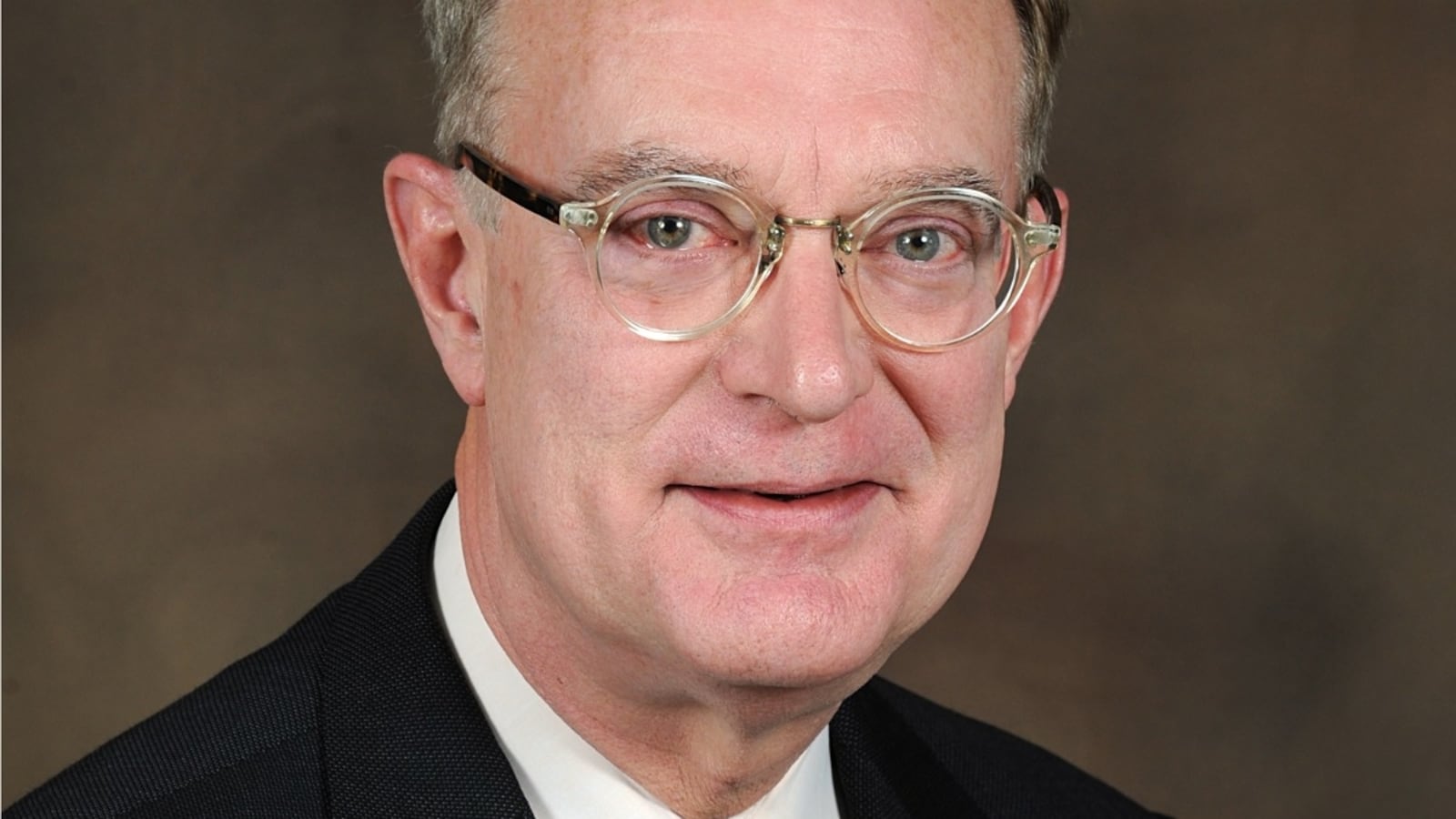
Just before Christmas—a good time of the year to publicize news that nobody really wants publicized—this press release hit my inbox. If you don't know the players, it won't mean much to you. But if you do ... wow:
Hudson Institute, the future-oriented policy research organization based in Washington, is pleased to announce that Christopher DeMuth will be joining Hudson on January 2, 2012 as a Distinguished Fellow.
Chris DeMuth is the former president of the American Enterprise Institute, the influential conservative think tank from which—disclaimer here—I was sacked in the spring of 2010.
DeMuth took over AEI in 1987, when the institution faced bankruptcy and possibly even prosecution over violations of its status as a charitable institution. Over the next 20 years, DeMuth built AEI into the most important think tank Washington had ever seen. AEI alumni filled the Bush administration, all the way up to the vice presidency. It was at AEI that the Iraq surge was developed, the plan that saved the Iraq war from ending in disaster.
DeMuth retired in 2008. It was a remarkable act: Washington think tank presidents rarely if ever surrender their offices voluntarily, usually preferring to follow the Hosni Mubarak approach, "I'll go when they carry me out the door." But DeMuth wanted to resume the writing he had sacrificed in order to raise the funds to support the work of others. If anybody ever deserved an untroubled berth as an AEI scholar, it was DeMuth. And yet barely 3 years after he handed the institution to his own chosen successor, DeMuth is abruptly out, reaffiliating himself with another institution. No disrespect to Hudson, but to hear that DeMuth has joined up is a little like hearing that George Washington has taken up a post-presidential career as Royal Governor of Canada.
In many ways, the new regime at AEI might be considered a great success. Fundraising has recovered strongly from the Wall Street crash of 2008. AEI has forged a new alliance with Budget committee chairman Rep. Paul Ryan, serving as a platform and publicist for his bold plans to cut federal spending. AEI co-sponsored with the Heritage Foundation one of the Republican presidential debates: a first for the once emphatically nonpartisan think tank.
Yet most of the new accomplishments are accomplishments of messaging, not of research. AEI has been remarkably absent from the debate over the details of healthcare reform and economic recovery—instead lending its prestige to Tea Party style jeremiads against the Obama administration's supposed plan to overthrow the free enterprise system in the United States. More and more of the new hires lack a Ph.D.—and more and more of AEI's money is spent on its growing communications empire, an empire devoted above all to publicizing the new president's books and personal media appearances.
In the current issue of the center-right policy journal, National Affairs, former Bush domestic policy adviser Tevi Troy worries about the decline of Washington think tanks into partisan messaging operations.
Tevi Troy eschews any invidious mention of right-of-center think tanks in his critique. But the words he applies to places like the Center for American Progress apply fully as forcefully to the post-DeMuth AEI:
[I]nstitutions have found that they can stand out by adopting a more strident ideological bent — a practice that has led to think tanks' increasing politicization.
...
The emergence of cable-television networks has put further pressure on think tanks to produce more immediate and political products. Going on TV has become an important metric of success at many think tanks, and scholars often have to write articles and papers in ways designed to increase the chances of attracting the interest of television producers.
...
Donor pressure has further driven this politicization. As noted above, think tanks typically get their money from outside donations — from individuals, foundations, or corporations — and they surely sometimes tailor their messages and approaches based on those funding sources.
...
[D]onors interested in influencing key debates want their contributions to lead to results, and are unlikely to be satisfied with merely helping to create an environment in which scholars kick around ideas regardless of their political impact.
One person who knows AEI well offered this explanation for the shocking separation of Chris DeMuth from the institution he built: "Would you like to meet your conscience walking around the corridors of your office?"






